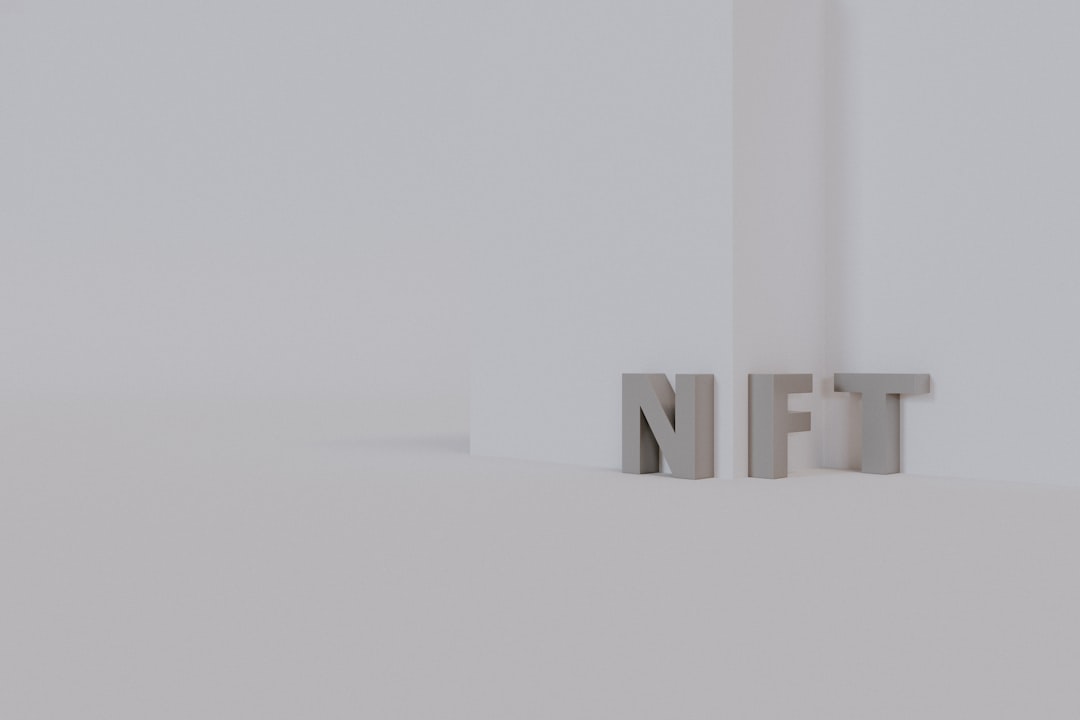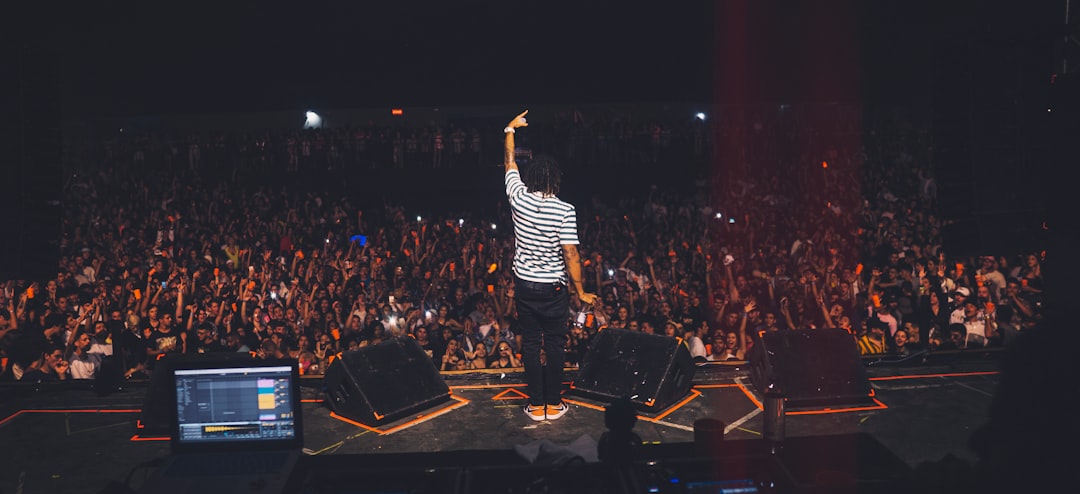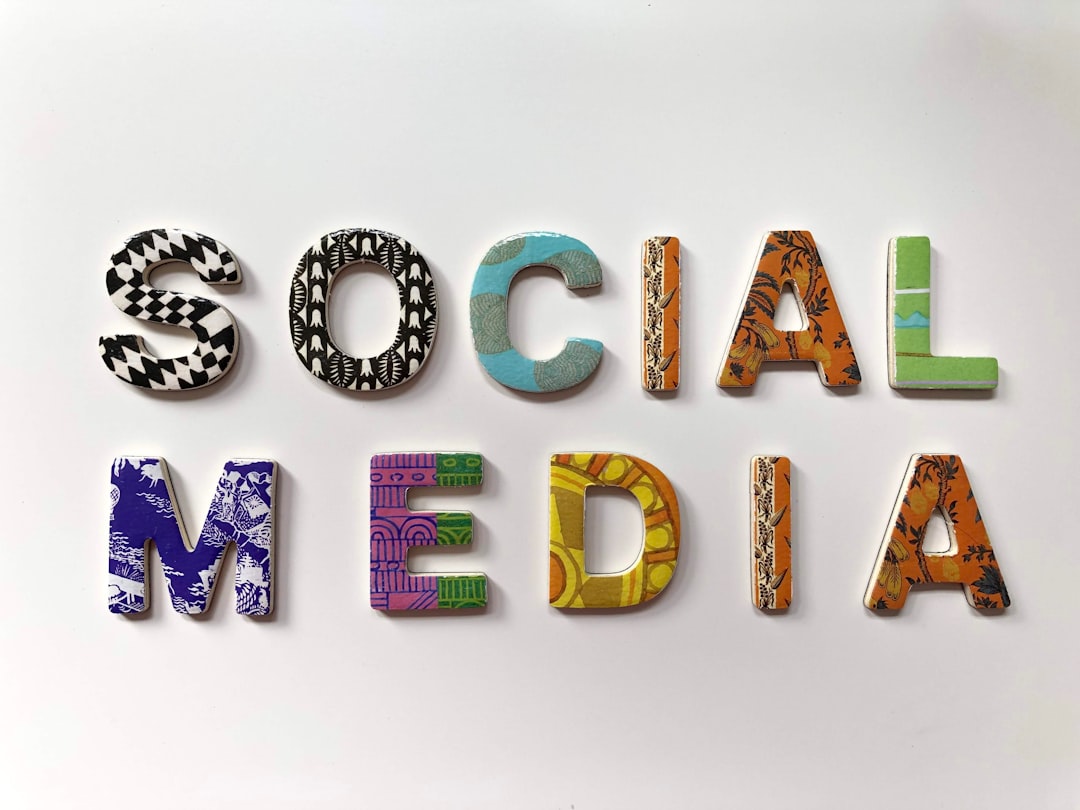TAKEAWAYS
Salient statements from this week’s music news.
1. Warner Music Joins UMG in Inking Revenue-Sharing Deal With Facebook / Meta
Two of the three majors have signed on for Meta’s new revenue sharing arrangement that ties music money directly to influencers’ ability to drum up ad dollars.
Takeaway: The deal means that for every use of songs by Warner Music-backed artists on eligible Facebook UGC videos, the music company will be earning a portion of ad revenue, although Meta has not explicitly detailed the proportion of income music companies are expected to receive.
2. Could Spotify’s New Ticketing Venture Backfire?
Questions are arising over how Spotify plans to sell seats in venues already tied into ticketing deals.
Takeaway: Spotify’s test of Spotify Tickets will eventually come to an end, another source tells Billboard, and the company could eventually roll out a ticketing venture that works alongside companies like See Tickets or Ticketmaster to help venues sell more tickets.
3. BMI Cancels Plan for Billion-Dollar Sale
Softening demand for music investments isn’t the only reason the rights organization had its sale scrapped.
Takeaway: Many competitors and potential buyers never understood how BMI could sell itself. Owned by a consortium of radio and TV broadcasters, the company has long operated as a nonprofit. But it would need to start making money to justify the valuations it sought.

4. What Do The World’s Biggest Music Companies Really Think About The Economics Of Streaming?
Comments submitted to the UK’s Competition and Markets Authority examination of streaming music find companies like Beggars, Believe, Google and, of course, the three majors, giving their self-interested take on streaming.
Takeaway: Sony Music Entertainment (SME) and Sony Music Publishing (SMP) make it clear in their filings that they’re run independently as recorded music and music publishing divisions of Sony, and as such, SME notes in its filing, that there “is no coordination between the two divisions as part of any negotiations with DSPs (which are conducted bilaterally)”.
This is made all the more clear with SMP’s differing views on the music streaming economy shared within its filing.

5. UK Entertainment Associations Are Requesting Assistance in the Face of Soaring Energy Prices
A nationwide surge in power pricing means UK venues literally can’t afford to keep the lights on.
Takeaway: On top of ongoing supply chain issues, labour shortages, rising interest rates and climbing inflation, "rocketing energy prices have become a matter of existential emergency for businesses in our sector."

6. Kobalt to Launch NFT Collection
A month after pulling its music from Meta, Kobalts plans to become the “first global music publisher to release fully-licensed NFTs."
Takeaway: In a media statement, Derek Cournoyer, Kobalt’s VP, Global Digital Partnerships, said that “after licensing many NFTs for various projects”, the company now wants “to dive deeper into this emerging market and experiment alongside our clients.”

7. Why Pop’s Biggest Stars Are Staying Put for Long Residencies
Destination concerts have major advantages for artists, as long as fan will flock to fewer cities.
Takeaway: The reasons include clever branding, the protection of artists and crews in the pandemic and a cold calculation of financial efficiencies. More concerts in fewer cities means fewer trucks on the road and lower bills all around.

8. TikTok is Hiring for ‘TikTok Music’ Staff
Following a trademark filing for “TikTok Music”, the short video platform is now hiring a Backend Software Engineer - TikTok Music, making its ambition more clear.
Takeaway: Questions the music business will be asking today will include: When will TikTok, with its 1 billion global users, officially launch a TikTok Music streaming app in the US? And how much of a threat would that pose to Spotify’s market dominance?




